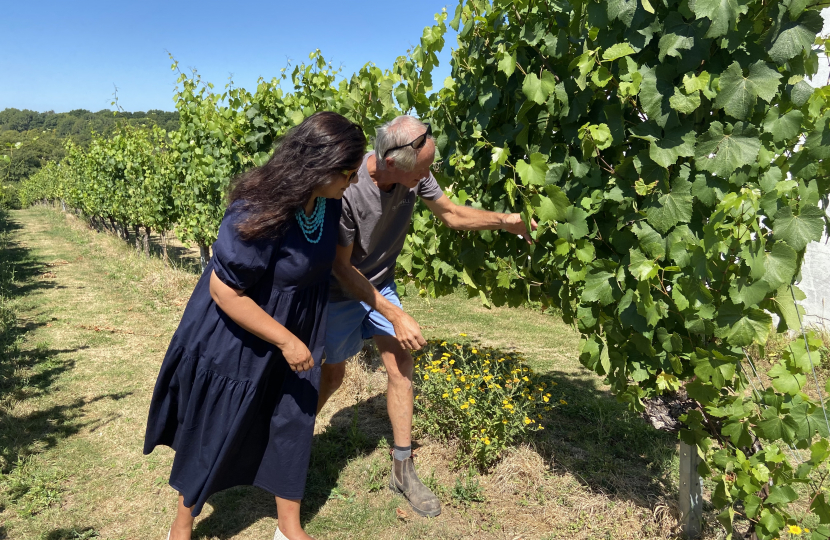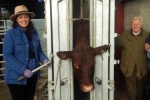
Wine producers and importers will be freed from unnecessary red tape thanks to proposed changes to retained EU laws on the production and marketing of wine, providing a £180m boost to our wine industry, opening the market to new products, and growing the economy.
The changes will allow wine makers the freedom to pick from a wider range of vines, including more disease resistant varieties, and overturn the restrictions which currently prevent the wine industry from producing new blends. Bottlers will also be able to turn imported wine into sparkling wine.
Changes will also include removing expensive and cumbersome packaging requirements such as ending the mandatory requirement that certain sparkling wines must have foil caps and mushroom stoppers.
Domestic wine makers will also be free to show a variety and vintage of any wine without having to go through laborious, previously EU-mandated applications processes.
The package of reforms follows engagement with the sector and are made possible by powers under the Retained EU Law Bill which are being used to remove any constraints from our economy whilst ensuring our high standards are not compromised.
Nusrat Ghani said: “I am enormously proud that world-class, award-winning Sussex wine made at local vineyards has been a truly sparkling success and put Wealden on the map. Viticulture is the new form of farming in East Sussex and the sector supports thousands of jobs in Wealden and nationwide. I will always champion our local winemakers and having campaigned previously on reductions in wine tax and Small Producers Relief, I welcome the Government’s proposed reforms, which will reduce costs and bureaucracy for consumers and allow the industry to invest, innovate and grow.”
Reforms will include:
- Importer labelling – Remove a requirement that imported wines must show an importer rather than a Food Business Operator on the label. This will reduce costs and bureaucracy for consumers.
- Hybrid grape varieties – Wine with Protected Designation of Origin permitted to use a wider choice of vine varieties that are more disease resistant. This will enable farmers to choose the variety that works best for them and reduce vine loss due to disease.
- Piquette – Allow producers to make and market piquette from their wine production by-products. This will open up new income streams for wine producers.
- Blending wine – Allow imported wine to be blended in market. This will boost our domestic industries by enabling the production of new product lines.
- Foil caps and mushroom stoppers – Remove the mandatory requirement that certain sparkling wines must have these to be marketed in UK This will mean less cost for producers and more choice for consumers.
- Wine Certification Scheme – Allow any wine to show a variety and vintage without having to apply for the right to do so. This will reduce bureaucracy and cost for producers and enable new products to reach our shelves more quickly.
- Transformation of wine sector products – Allow imported wine sector to be carbonated, sweetened, de-alcoholised in market. This will enable our industry to create more product lines for the UK market/tastes and give consumers more choice.
- Low and No alcohol wine – Permit the production and marketing of low and no alcohol wines. Given the growing popularity of low and no alcohol wine, this will mean more flexibility for domestic producers and greater choice for consumers.

